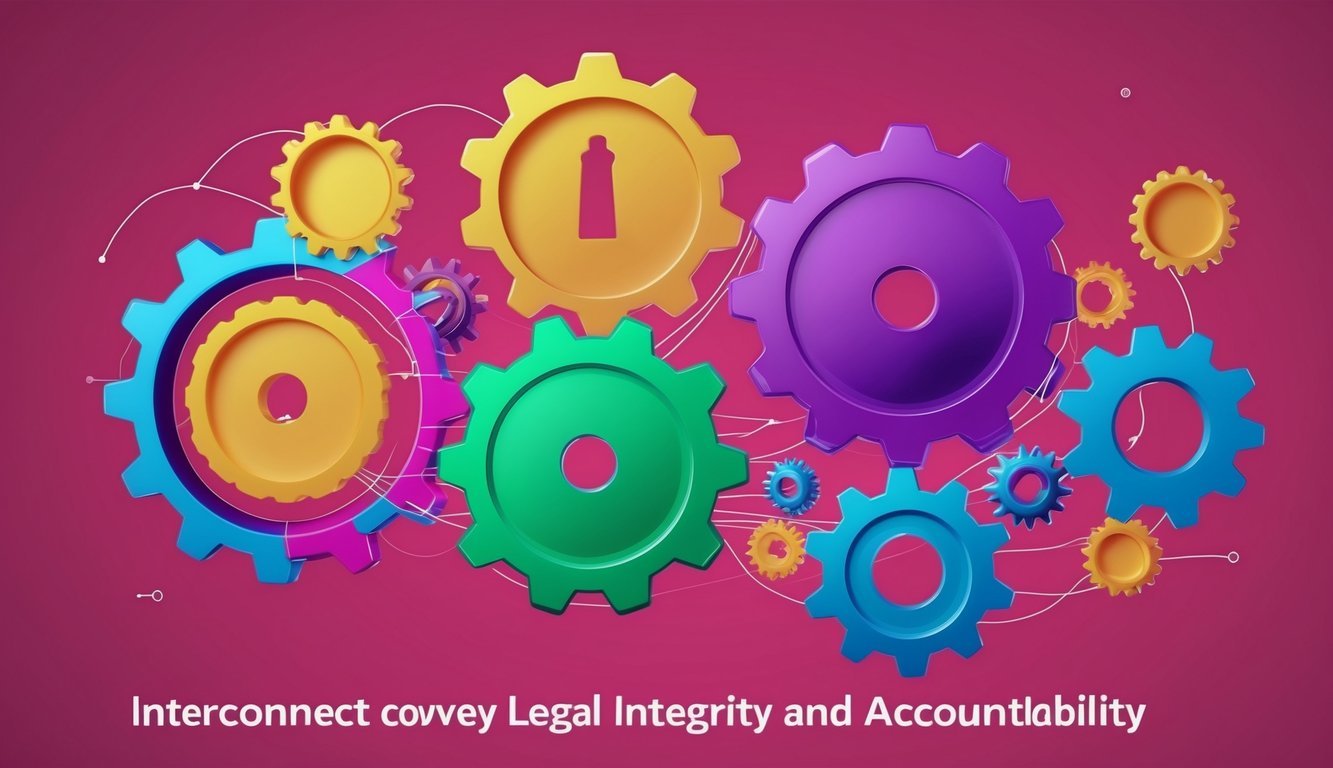
On December 27, 2024, the U.S. Court of Appeals for the Second Circuit made a landmark decision in U.S. ex rel.
Camburn v. Novartis Pharmaceuticals Corporation, affirming that a relator can establish a viable cause of action under the False Claims Act (FCA) regarding alleged violations of the Anti-Kickback Statute (AKS).
Notably, the court determined that a relator only needs to show that at least one purpose behind the alleged kickback scheme was to promote the purchase of federally reimbursable healthcare products or services.
This ruling significantly relaxes the previous requirement that the relator had to prove this was the primary or predominant intention of the scheme.
With this pivotal ruling, the Second Circuit joins the ranks of seven other appellate courts—specifically the First, Third, Fourth, Fifth, Seventh, Ninth, and Tenth Circuits—by adopting the “at least one purpose” standard.
This change offers a more accessible route for relators in the Second Circuit who are pursuing claims based on AKS violations connected to the FCA.
Understanding the Links Between FCA and AKS Violations
According to the AKS, any claim involving items or services arising from an AKS violation is considered a false or fraudulent claim under the FCA.
The AKS makes it clear that individuals cannot solicit or accept any form of payment—whether direct or indirect, obvious or subtle, monetary or otherwise—under two specific conditions:
- In exchange for directing someone towards items or services that could be reimbursed by a federal health care program.
- In return for purchasing or promoting the purchase, leasing, or ordering of goods or services eligible for reimbursement from a federal healthcare program.
The relator, who once served as a sales representative for Novartis, filed a qui tam lawsuit in the Southern District of New York.
This suit alleged FCA violations stemming from purported AKS breaches.
The relator charged Novartis with implementing a kickback scheme designed to entice healthcare providers into prescribing Gilenya, a medication for multiple sclerosis.
This purported scheme involved a misleading speaker program that functioned as a cover for the company to pay healthcare providers for their prescribing activities.
According to the relator, these payments contributed to fraudulent claims submitted by pharmacies and healthcare providers to government programs like Medicare Part D, Medicaid, and TRICARE.
Dismissal by the District Court
Neither the federal government, nor 29 states and the District of Columbia, chose to intervene in this action.
Initially, the district court allowed the relator several opportunities to refine his claims to meet the specificity requirements set by Rule 9(b).
Ultimately, however, the court concluded that the relator still failed to sufficiently demonstrate the existence of a kickback scheme.
As a result, since the relator’s FCA claim relied on AKS violations, the district court dismissed the Third Amended Complaint with prejudice, choosing not to assess the other components of the FCA claim.
Upon appeal, the Second Circuit endorsed the “at least one purpose” standard.
The court ruled that the relator needed merely to claim that one aim of the payments was to influence prescriptions, without requiring a demonstrable quid pro quo connection between the financial incentives and the prescribing actions of physicians.
Using this framework, the court found the relator had properly identified an AKS violation centered on three essential factors: (1) the organization of questionable speaker events with few, if any, legitimate attendees, (2) significant payments awarded to physician speakers for events that were actually canceled, and (3) the strategic selection of speakers to increase prescriptions for Gilenya.
The examples cited by the relator—such as physician speakers predominantly presenting to other Novartis employees while enjoying extravagant meals—bolstered the claim that at least one intent of the speaker program was to serve as a kickback mechanism.
In addition, a comparison of the substantial sums paid to physicians for canceled events (which ranged from $20,000 to $22,500 each over a span of two years) against the total value of the allegedly fraudulent reimbursement claims submitted to the government (between $1 million and $1.7 million during the same period) supported the argument that these payments were, at least in part, unlawful remuneration.
Testimonies from two Novartis sales representatives further indicated that these speaking arrangements were explicitly designed to encourage physicians to prescribe Gilenya.
Key Takeaways
Therefore, the Second Circuit concluded that the allegations, when regarded as factual for the motion to dismiss, convincingly suggested that Novartis may have operated its speaker program primarily to incentivize physicians to prescribe Gilenya.
Consequently, the court sent the case back to the district court to verify whether the relator adequately addressed the remaining elements of his FCA claim and to assess the claims in accordance with applicable state and local regulations.
However, the Second Circuit did uphold the district court’s assessment that the relator had not sufficiently proven a significant connection between Novartis’s materials and events—such as DVDs or intimate dinners—and their potential role in promoting higher prescription rates.
Nonetheless, the court observed that another FCA claim grounded in an AKS violation could survive a dismissal if the allegations were articulated with greater specificity.
This ruling emphasizes the critical importance for pharmaceutical manufacturers and other regulated entities to maintain robust healthcare compliance programs.
Regular evaluations of potential risks related to enforcement actions and whistleblower complaints regarding marketing and business practices are essential.
The Second Circuit’s adoption of the “at least one purpose” principle creates a user-friendly pathway for relators to invoke FCA violations based on noncompliance with the AKS.
The court rejected the idea that remuneration could only be deemed illegal if it was the primary or sole motivation behind the payment, establishing that claims indicating even one improper purpose can withstand dismissal, as supported by eight circuit courts.
Despite the broader interpretation allowed under the “at least one purpose” standard, the demanding pleading requirements under Rule 9(b) continue to apply in FCA cases centered on AKS violations.
Both the district court and the Second Circuit underscored the necessity for FCA allegations to conform to these rigorous standards.
Source: Natlawreview

